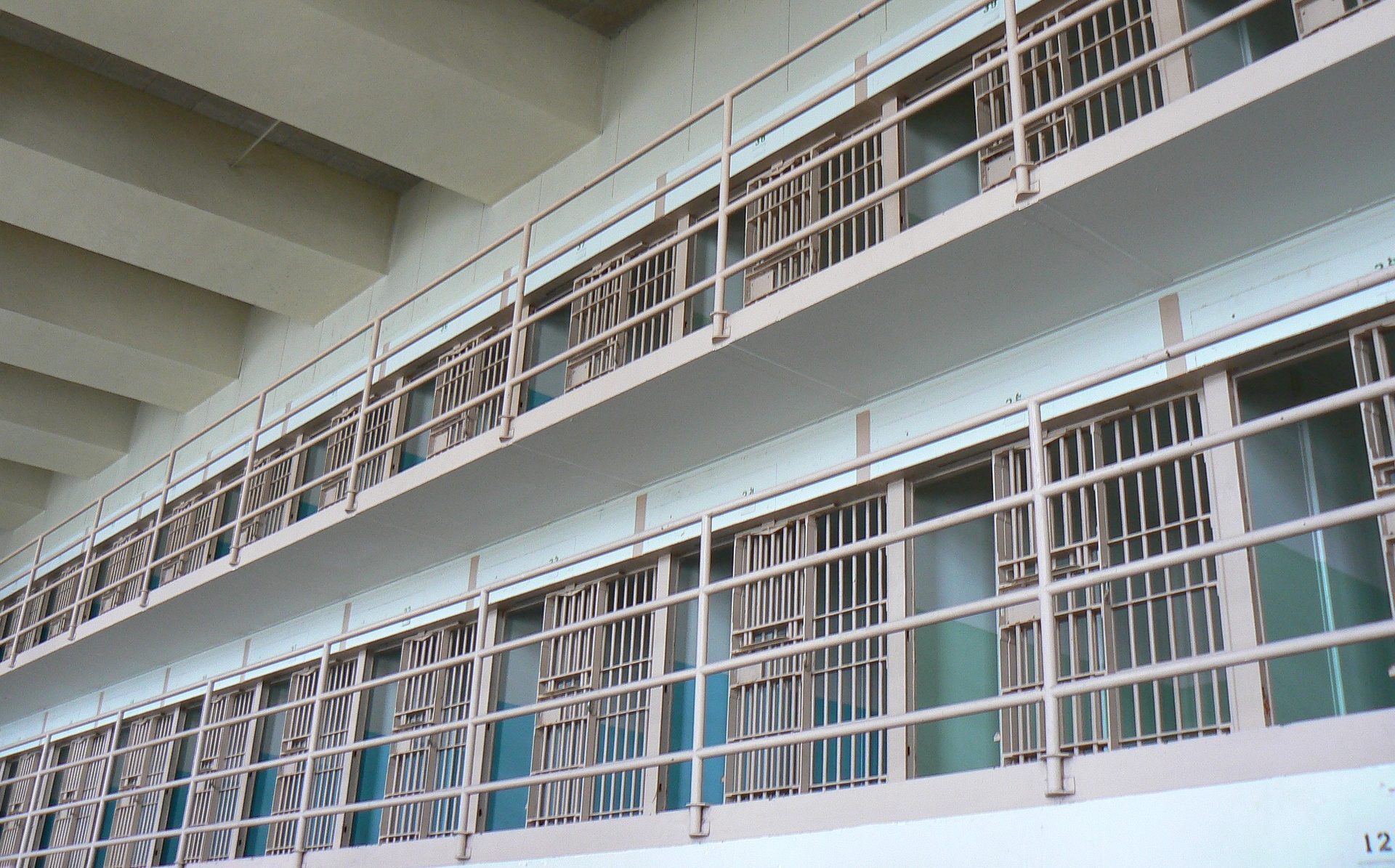
The number of criminal cases involving foreign traffickers has increased dramatically in the last few years.Continue reading
Pro-government media had praised the decision to let 700 convicted people smuggler out of prison, while the usually vehemently critical opposition press was conspicuously silent when Gergely Gulyás, the Minister heading Prime Minister’s Office had last week announced the government’s decision, that can only be described as a u-turn.
The conservative political daily Magyar Nemzet had praised the decision that will apparently save billions of forints by allowing seven hundred foreign traffickers with prison sentences to leave Hungarian prisons. They will initially be placed in so-called reintegration detention and will leave the country within 72 hours. The usually witty opposition-friendly news portal Index, similarly to other left-wing news outlets, had surprisingly left the unprecedented decision without any comment.
Preparations for the reintegration detention of foreign traffickers with final sentences are already in full swing at the National Command of the Penitentiary Service (BVOP). In the history of Hungarian law, there has never been an example of reintegration detention, which has been possible for years, being used on a mass scale for foreign detainees, and in such a way that the detainee will spend the detention in his own country.
Minister Gulyás had explained the decision by saying that
the problem of taxpayers’ money being used to keep foreign people smugglers in prison here must be solved. This is expensive, especially as there are many people involved. Moreover, the prisons are overcrowded, which is why hundreds of traffickers have been allowed to leave the country.
By extending the reintegration detention, traffickers who have been expelled from Hungary with final effect are obliged to leave the territory of Hungary within 72 hours. The aim of the measure is to ensure that the burden of enforcing the punishment of traffickers is not borne by Hungarian taxpayers, at least this is the positive end-result of the special measure, according to the government.
The glaring issue with the decision is that the government had so far proudly quoted the enormous numbers of foreign people smugglers in Hungarian jails as an indisputable proof of the effectiveness of its border protection measures, as well as a warning to those who would be tempted to make a quick buck by smuggling illegal migrants through our borders. The consequences of the decision could be a rise in the number of illegal border crossings, as most of the smugglers are part of organized criminal gangs from neighboring countries, thus re-offending rates could be significant. Furthermore,
the de facto amnesty could send out an ambiguous message towards law-abiding Hungarian voters.
Finally, the measure could also turn part of the electorate towards radical right-wing political forces, whose political narrative promises “tough on crime” measures. Dr. István Apáti, MP for the nationalist Mi Hazánk (Our Homeland) party had already made headlines by saying, “what the hell do we need to release 2600 human smugglers from prison?” In his words, the solution to prison overcrowding is to build more prison facilities to house offenders, rather than releasing them into society.
Featured Image: Facebook Legyél te is Rendőr